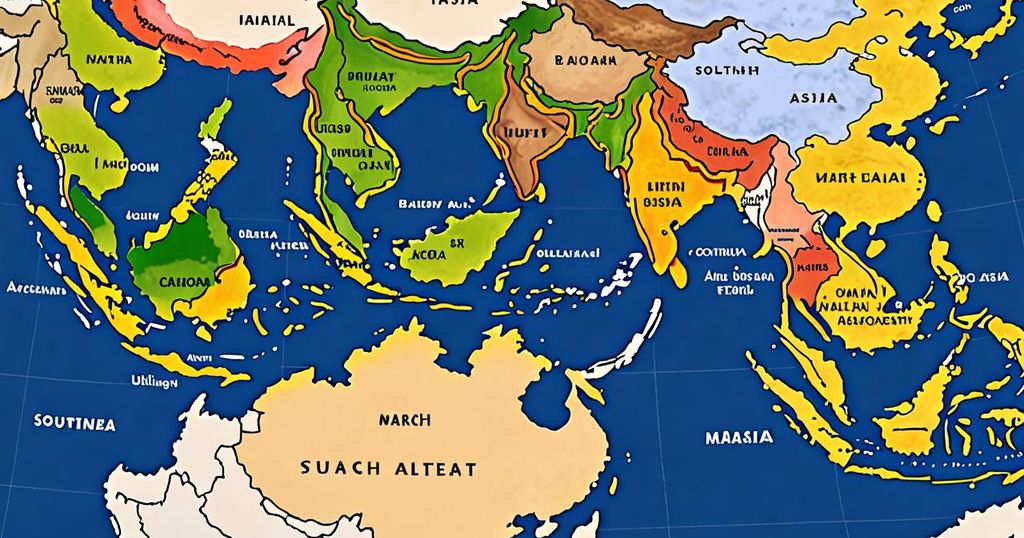Malaysia’s parliament recently commenced its inaugural session of the year, with the new king, Sultan Ibrahim Iskandar, urging members to prioritize legislation and refrain from engaging in political machinations. The king, who ranks among Malaysia’s wealthiest individuals, expressed his unwavering commitment to combat corruption. In response, the coalition for free and fair elections, Bersih, issued a call for a demonstration to advocate for government reform, and censured the recent decisions to pardon former prime minister Najib Razak and acquit Deputy Prime Minister Ahmad Zahid Hamidi on corruption charges. Prime Minister Anwar Ibrahim’s rapport with civil society appears to have deteriorated, signaling a shift in the political landscape.
Having played a significant role in ending the United Malays National Organisation’s 61-year hold on power in 2018, Bersih has consistently championed clean elections, good governance, strengthening parliamentary democracy, and the right to dissent. Despite the change in government, civil society organizations find themselves torn between their historical alliance with the current administration and its failure to implement promised reforms. The government’s response to Bersih’s call for a demonstration has drawn criticism from civil rights organizations, who condemn the authoritarian approach taken against its own supporters and allies.
Historically, the government has intervened in rallies and made arrests, leading to accusations against Bersih and other related individuals. Despite challenges, the Bersih coalition was ultimately permitted to hold a protest in late February, although opposition sympathizers were notably absent. The current government, Perikatan Nasional (PN), does not place a heavy emphasis on democratic values and human rights, causing friction with civil society and opposition parties.
The prevailing stance within the PN coalition is that democracy and human rights conflict with Islam and Malay rights, with a focus on safeguarding Malay identity and position. However, these perspectives have hindered the understanding of democracy, human rights, and governance in the public sphere. Consequently, education on these subjects is lacking, leading to misconceptions and confusion between political education and propaganda.
The imperative need for reform in education and a renewed focus on the actions and criticism of democratic organizations like Bersih should be a top priority for the Anwar government. Credible sources such as Sophie Lemière, an adjunct fellow at the Center for Strategic and International Studies, underscore the importance of political education and support for democratic organizations to bolster the country’s democratic values.
To conclude, Malaysia finds itself at a pivotal juncture in its democratic evolution. The government’s approach to civil society and reforms will sculpt the future of the country’s political landscape. It is essential for the administration to embrace dialogue, address the concerns of civil society, and prioritize education on governance and democracy to foster a more robust and inclusive democratic society.

Leave a Reply